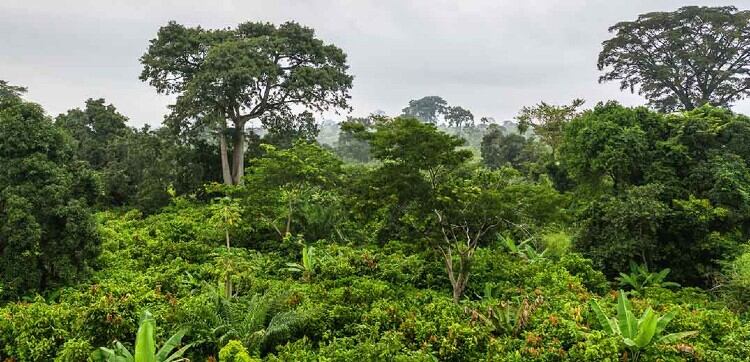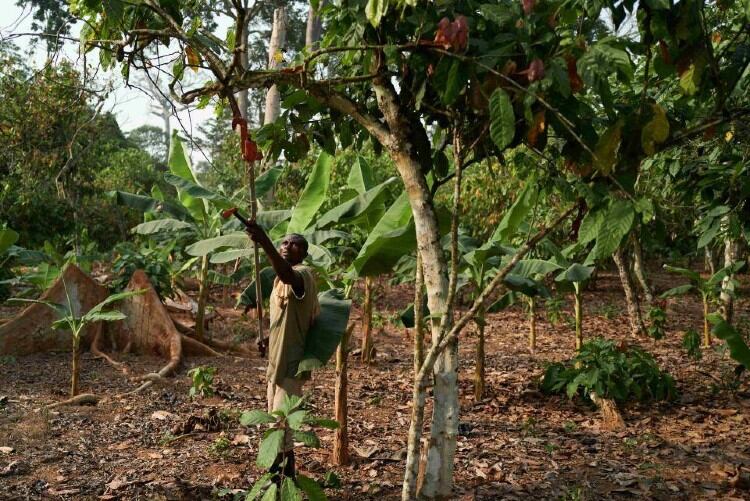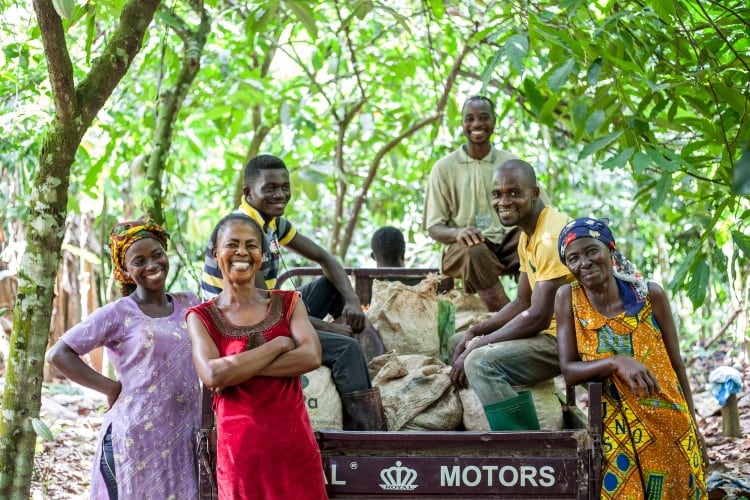For the past three years since it signed up to the public-private Cocoa & Forests Initiative (CFI), Nestlé said it has been working with the governments of Cote d'Ivoire and Ghana, its suppliers, its partners and the cocoa farming communities to scale up its actions.
Despite the COVID-19 pandemic, which inevitably impacted certain activities such as mapping the farmers' lands, farmers' training, and cookstoves distribution, Nestlé said it remains aligned with its commitment to source 100% of its cocoa sustainably under the Nestlé Cocoa Plan by 2025.
Releasing its CFI progress report, Nestlé said deforestation remains one of the pressing issues facing the cocoa sector, especially in West Africa. In March 2019, the company published a detailed action plan to support these collective efforts.
Nestlé's said its achievements so far include:
- Mapping 85% of the farm boundaries of the 110 000 Nestlé Cocoa Plan farmers in Ghana and Côte d'Ivoire
- Distributing over 1 million native forest and local fruit trees in Côte d'Ivoire and Ghana to make farms more climate-resilient and to diversify farmers' incomes
- Distributing over 2 million high-yielding cocoa trees in Ghana to restore cocoa-growing farms and boost productivity
- Helping more than 10, 000 people benefiting from financial support through village saving loan associations in Côte d'Ivoire and Ghana
- Distributing 1,000 more efficient and less polluting cookstoves to reduce pressure on forests and help improve family health in Côte d'Ivoire
- Engaging over 4,900 individuals in income-generating projects in Côte d'Ivoire in 2020
- Training and sensitising over 10,000 farmers on the importance of protecting forest and agricultural best practices in 2020
Nestlé also said it recognises that for a lasting and meaningful impact, in addition to addressing deforestation linked to cocoa, it needs to conserve and restore forests actively while promoting sustainable livelihoods and respecting human rights.
The company said it will continue to work with all stakeholders to help protect and restore forests, promote sustainable cocoa production and thriving communities, and create a forest positive future for all – and has pledged to achieve net-zero greenhouse gas emissions by 2050 at the latest.




